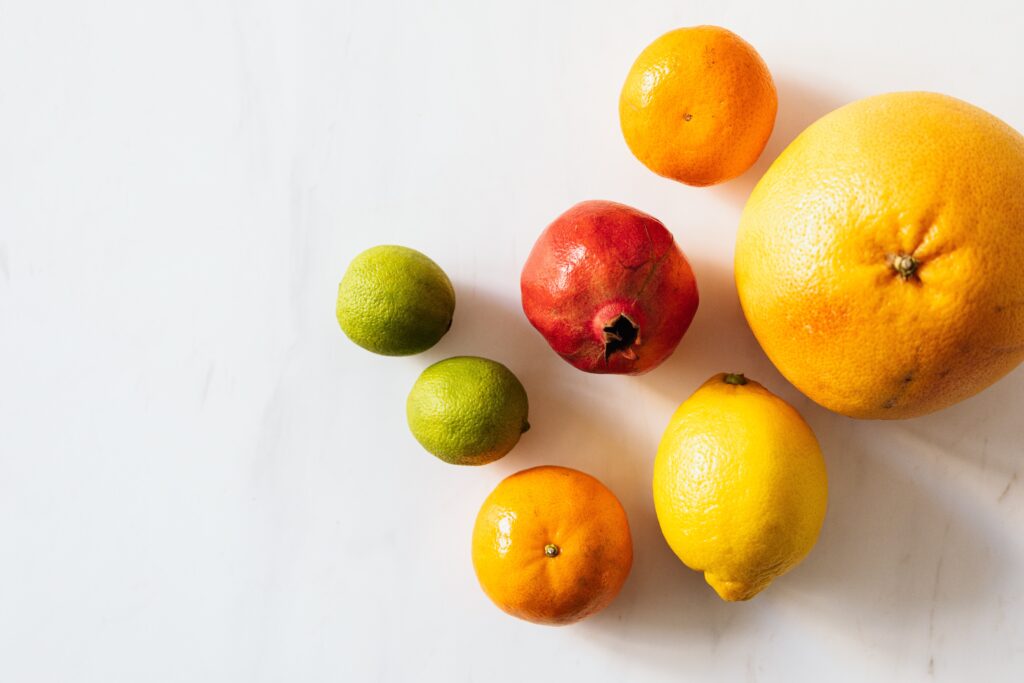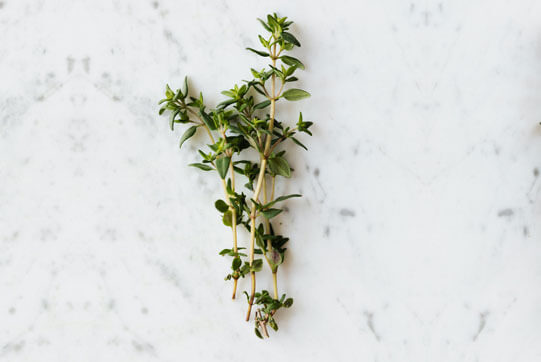It’s not just vegetarians and vegans who suffer from low iron levels. People of all dietary denominations, especially women of reproductive age, can struggle with maintaining optimum iron levels.
Multiple studies suggest that vegetarians and vegans actually tend to get higher levels of iron from their diets. The reason why it is generally considered that people require animal products for iron comes down to the difference between heme and non-heme iron. Animal products contain both heme and non-heme iron, whereas plant foods only contain non-heme. Whilst heme is more readily up-taken by the body it comes with many associated health risks. These include association with metabolic syndrome, heart disease risk, type 2 diabetes and even cancer 1,2,3,4. Iron from animal tissues is a potential pro-oxidant, increasing the risk of atherosclerosis development thought promoting LDL oxidation and hydroxyl-free radicals1. A meta-analysis reported a dose-response analysis showing each increased 1mg/day there was a significant increase by 27% in the risk of coronary heart disease5.
Non-heme iron is more easily regulated by the body, and found in foods higher in antioxidants, less likely to cause damage. It is more sensitive to the promoting and inhibiting factors described below, and following these tips and tricks will help you optimise your iron levels.

How do I increase my iron levels?
Do
- Include Vitamin C rich foods with your food; this could mean squeezing lemon or lime on your meals, adding capsicum to your meal, or having a glass of water with fresh lemon juice with your meals
- Include iron-rich foods with every meal: surprisingly good sources of iron include rolled oats, wholegrains, dried fruit (especially prunes), legumes (black beans, red lentils, red kidney beans, chickpeas, soybeans etc. are all great sources of iron), beetroot, molasses, nuts, seeds (hemp, flax, chia etc.). These foods are not only great sources of iron but are also sources of critical other nutrients for a balanced plant-predominant diet.
- You can use a tablespoon of apple cider vinegar in water before your meals to help increase the absorption of iron from your foods. Use a straw and rinse your mouth with water after due to acidity.
- If you’re really struggling to get the iron into your meals, using a “lucky fish” (google search) can be really helpful.
- Considering taking your iron supplement (if prescribed) at double the daily dose, every second day. This has recently been shown to be more effective at increasing iron levels.
- If you believe that abnormally heavy menstruation is contributing to your iron deficiency, see a natural health practitioner, such as myself, for assistance in normalising your menstrual flow.
- If you have digestive issues this can be implicated with poor iron levels; this should be investigated further, again by a natural health practitioner who can work in conjunction with your primary health care provider.
Don’t
- It’s really important to keep coffee and tea (even herbal) away from your meals and iron supplements by AT LEAST one hour, preferably greater.
- Don’t take iron supplements with other mineral supplements, especially calcium. Plant milks often contain calcium supplements and require keeping away from iron-rich foods and iron supplements..
- Don’t assume that your iron levels are low without having a blood test. The symptoms for too high iron are similar to having too little and supplementing unnecessarily at best causes oxidative stress in the body, and at worst can be downright danerous.
I hope you found these little tips and tricks helpful! For further support with your plant-based diet and optimum health, check out my one on one consultation services x
References
- Bao W, Rong Y, Rong S, Liu L. Dietary iron intake, body iron stores, and the risk of type 2 diabetes: a systematic review and meta-analysis. BMC Med. 2012;10(1):119. doi:10.1186/1741-7015-10-119
- Fonseca-Nunes A, Jakszyn P, Agudo A. Iron and Cancer Risk–A Systematic Review and Meta-analysis of the Epidemiological Evidence. Cancer Epidemiol Biomarkers Prev. 2014;23(1):12-31. doi:10.1158/1055-9965.EPI-13-0733
- Kaluza J, Wolk A, Larsson SC. Heme Iron Intake and Risk of Stroke: A Prospective Study of Men. Stroke. 2013;44(2):334-339. doi:10.1161/STROKEAHA.112.679662
- Turner-McGrievy G, Harris M. Key Elements of Plant-Based Diets Associated with Reduced Risk of Metabolic Syndrome. Curr Diab Rep. 2014;14(9):524. doi:10.1007/s11892-014-0524-y
- Yang W, Li B, Dong X, et al. Is heme iron intake associated with risk of coronary heart disease? A meta-analysis of prospective studies. Eur J Nutr. 2014;53(2):395-400. doi:10.1007/s00394-013-0535-5





Leave a Reply